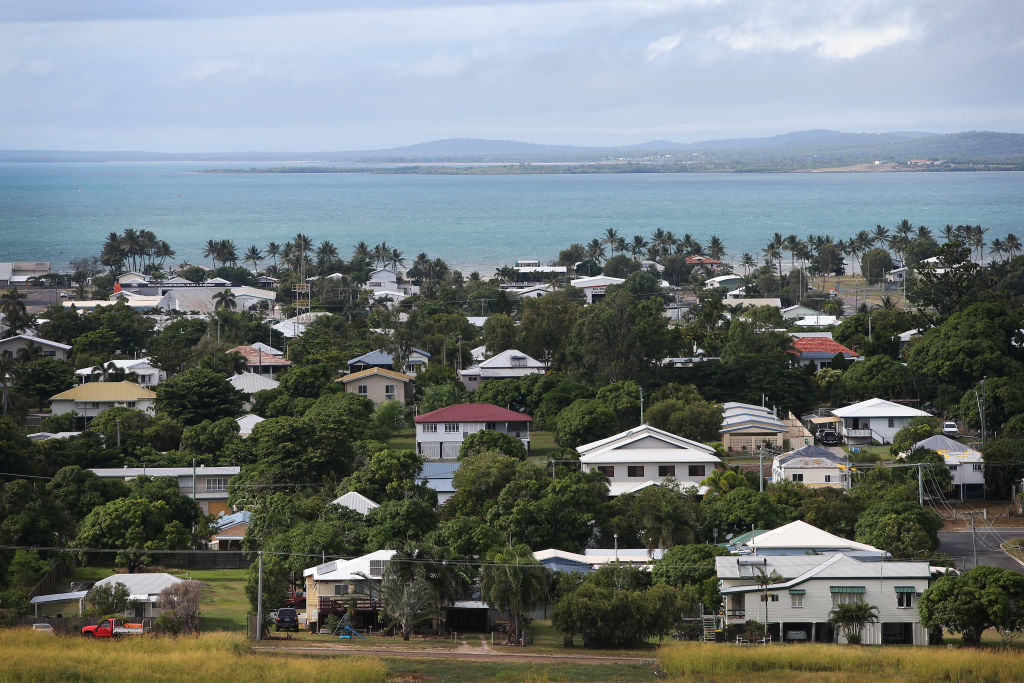
For many observers, Australia’s diplomatic approach in the Indo-Pacific could be characterised as erratic, inconsistent and paternalistic. We run hot and cold. No matter where we are in this cycle, we focus on measuring funding allocated as a performance indicator. This needs to change. We must become singularly focused on delivering outcomes.
Our engagement has also often been driven by Australian needs, rather than the needs of the other nations in the region.
The Australian federal government has acknowledged that our region is encountering ‘encroachments on the ability of countries to make their own decisions.’ Its reinvigorated focus on—and material investment in—the region is welcome. However, our foreign policy still emphasises ‘influence’ instead of impact. This overlooks the reality that impact drives influence. To confuse matters, we often assess the influence of other states in the region negatively, despite seeing our own influence efforts positively.
Often forgotten in these discussions is that everything we did or didn’t think, and everything we did or didn’t do, got us here. Australia contributed to our circumstances, intentionally or not. Our policy must acknowledge this, in a way that shows the region we have learned from the past.
Equally important is the need to appreciate that smaller nations in the region must navigate international relations differently to larger powers. For them, this is more than a ‘hedging’ strategy—it’s a cultural commitment to friendliness with everyone. But in doing so, smaller nations must consider the unintended consequences of well-intentioned initiatives. For example, programs that aim to economically empower women can also expose women and families to domestic conflict and even violence.
So, when Australia seeks to be the region’s ‘partner of choice’, it clashes with a reality that small nations live with every day. They don’t have the luxury of taking a side. And Australia’s failure to understand this reinforces perceptions of it as a paternalistic partner.
Prosperous, socially cohesive communities with fit-for-purpose infrastructure are the foundation of security. Better outcomes for our neighbours through collaborative initiatives with local communities, particularly in northern Australia, must be our focus.
Radical change is needed. The approaches and thinking that got us here, if we continue to apply them, will keep us here.
This means funding for impact, not influence, and ensuring that everything we pursue has mutual benefits. A shift from transactional thinking to outcomes-based thinking is required.
The relationships and initiatives between local governments in northern Australia and Indo-Pacific communities and nations are a place to start.
These community-to-community approaches are sometimes called ‘sub-national’ engagements, but this label undersells their significance. Vibrant people-to-people connections, often in diaspora communities, have driven many local programs which jointly benefit northern Australia and the Indo-Pacific.
An example is the Northern Territory Cattle Association Indonesia Australia Pastoral Program. It’s a partner arrangement between the Northern Territory Cattlemen’s Association, the Indonesian Society for Animal Science and associated Indonesian universities. The program is funded by the Indonesia Australia Partnership on Food Security in the Red Meat and Cattle Sector, a group comprised of government officials from Indonesia and Australia, members of the business community, and other stakeholders in the red meat and cattle sector. It provides participants with intensive pastoral industry training, including in animal welfare and handling, including through work placements at cattle stations across northern Australia.
The Northern Territory government and Gadjah Mada University also run an initiative that brings Indonesian biosecurity students to Australia develop their understanding of biosecurity from an Australian perspective.
North Queensland is likewise well-positioned as a gateway to the Indo-Pacific. The Cairns Regional Council has entered an agreement with Tradelinked Cairns Incorporated ‘to develop markets, provide educational opportunities, and enhance mining engagement in the region.’ The agreement is consistent with the goal of state and federal governments to strengthen diplomatic and trade relationships, and follows the federal government’s announcement of $5.5 million to support a National Rugby League team in Papua New Guinea.
These programs and others tangibly benefit northern Australia and the region. Their impact is often orders of magnitude greater than investment in them.
There’s no doubt that community-to-community engagement in the Indo-Pacific needs to be informed by foreign policy objectives. However, that requires active and ongoing conversation within Australia about those objectives, and foreign policy officers must shift from acting like they have a single voice to enabling many voices. This would allow community-to-community engagement to earn the credit it deserves as a subject of foreign policy effort.
If we increase emphasis on mutual impact, achieved through collaborative local initiatives with partner nations, we’ll influence our region all while helping Indo-Pacific communities, including our own, grow.

